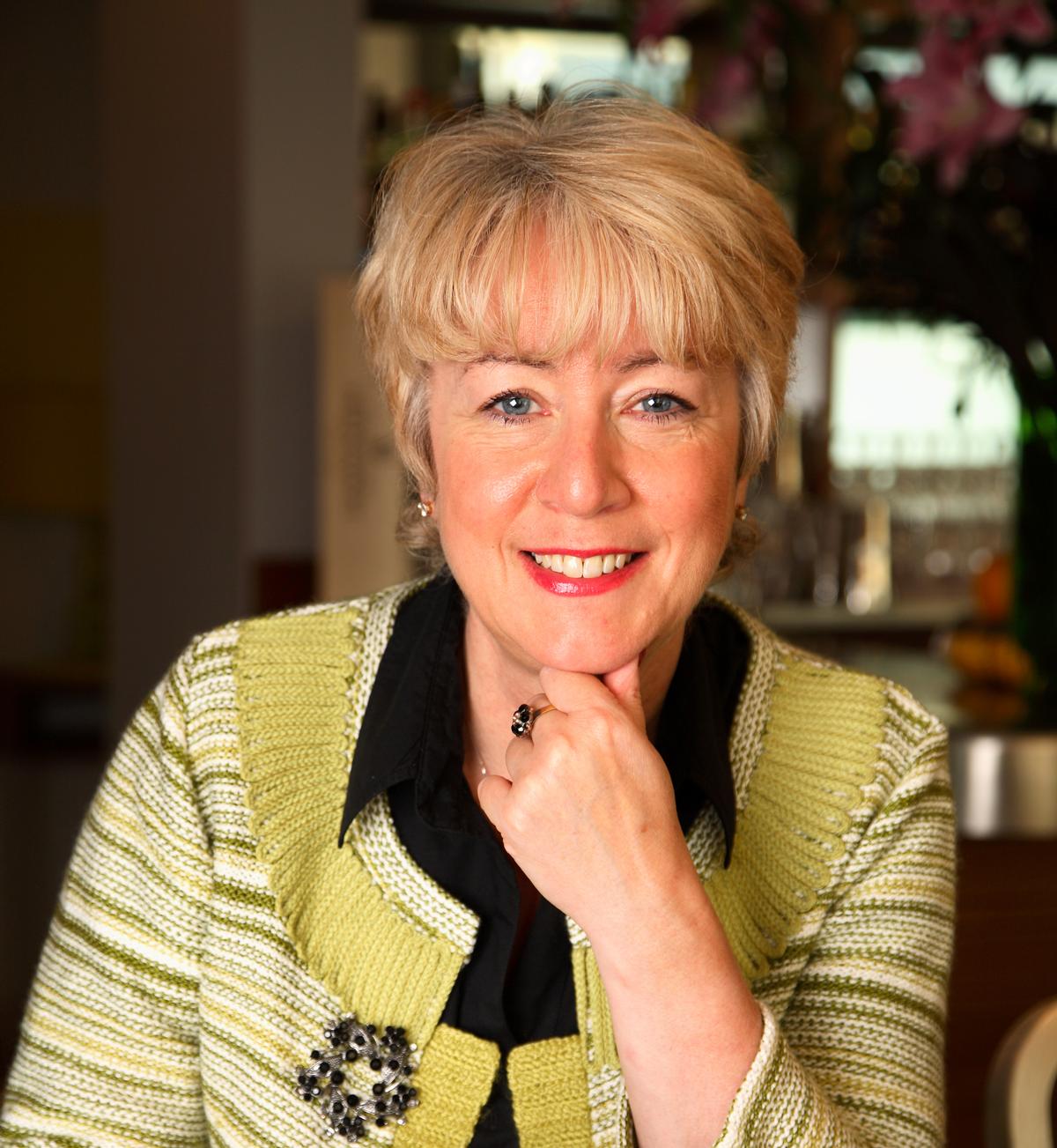see all jobs
Science centres must help public recognise truth in post-truth era, says Linda Conlon
science centres have a vital role to play in educating the public about “alternative facts”, fake news and the post-truth phenomenon, the chief executive of Newcastle’s International Centre for Life has told Attractions Management.
“I think it’s probably one of the key issues facing science centres,” said Linda Conlon, who is also chair of the Association of Science-Technology Centers (ASTC). “It’s something that’s very pertinent and is being fuelled by recent events, certainly in the West.”
Conlon said social media platforms such as Facebook – which facilitate the spread of false facts and fabricated news stories – have become a threat to science and accurate information, and she called on the science communication sector to do more to respond to the growing crisis.
“There’s nothing new about politicians saying outrageous things or mainstream media being partisan,” said Conlon. “And I think people are generally better educated than they ever have been. We can’t therefore attribute this post-truth phenomenon to politicians and the media. So what is it? I think the advent and massive rise of social media is what’s different.”
It’s important to understand the reach of Facebook. Conlon compares the social media giant, which boasts some 1.2 billion users a day, to a traditional news source such as the BBC’s News at 10 programme, which gets 4.5 million viewers. Even a globally popular news site like the Mail Online can’t compete, with its 15 million users a day.
When alternative facts or inaccurate information get shared, they can reach millions of people within minutes. Just one currently trending example on Facebook is an unusual numbers of posts and groups – with tens of thousands of members – claiming that the Earth is flat.
“Because of its personal content and the way it brings people together, millions of people check Facebook on a regular basis. Meanwhile, the company is gathering information about them and using algorithms to find out what they’re interested in.”
Conlon added that people are predisposed to click on links that suit what they already think and are also heavily influenced by friends and peer groups.
“Facebook has tapped into this,” she said. “Science centres have to think about how they respond – and there’s no simple sound-bite answer.”
Conlon suggested science centres could team up with schools, giving young people the tools they need to figure out what information is accurate and what is false. They could also focus more on teaching the process of science, the rigorous checking and verification that a hypothesis has to undergo to be accepted.
“Science isn’t always right or wrong, or black or white. There are nuances and complexities that you have to recognise. Science centres can help people understand that and help them develop their reasoning skills, deduction skills and 21st-century skills,” she said.
“Science centres are here to help people address the challenges of living in the 21st century, when the pace of science and technology is moving at an unprecedented rate. Change isn’t new, but what’s very different is the pace of change. That’s something we really need to think about.”
More News
- News by sector (all)
- All news
- Fitness
- Personal trainer
- Sport
- Spa
- Swimming
- Hospitality
- Entertainment & Gaming
- Commercial Leisure
- Property
- Architecture
- Design
- Tourism
- Travel
- Attractions
- Theme & Water Parks
- Arts & Culture
- Heritage & Museums
- Parks & Countryside
- Sales & Marketing
- Public Sector
- Training
- People
- Executive
- Apprenticeships
- Suppliers
















































